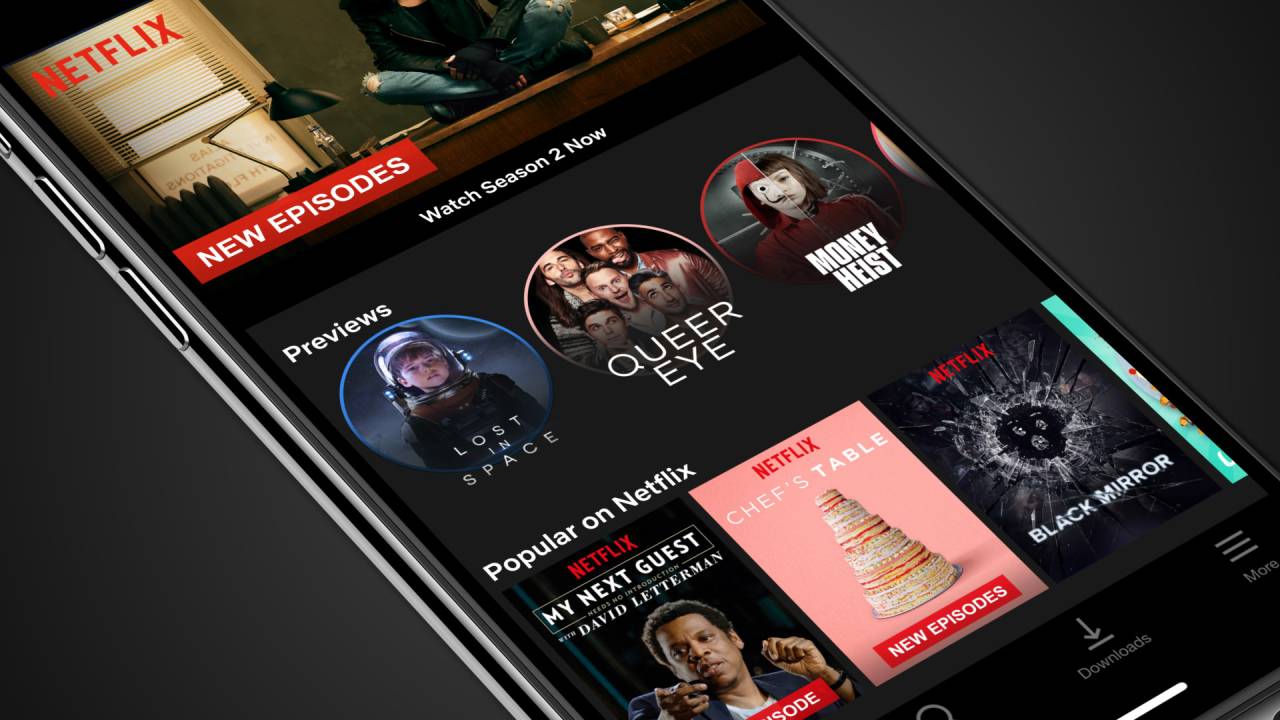Can you share your Netflix password? Netflix's account sharing crackdown isn't going as planned
Netflix's password sharing crackdown appears to be as confusing as an episode of Stranger Things


Netflix's long-predicted password sharing crackdown appears to be going not so well: according to news site Rest Of World, its attempts in Peru – where it's trialling the changes before implementing them in other markets – are "a mess", leaving customers confused and potentially opening the streaming firm to the risk of action from local consumer regulators.
The crackdown is happening because Netflix wants you to give it more money. It says that one in five of its users is freeloading via someone else's account, and it intends to limit sharing to members of the same household – which it defines as people in the same building, not immediate family members who may live elsewhere. That definition excludes families like mine where the kids spend time in more than one location.
The reason Netflix wants more money is because its investors want to see growth, and that's not coming from Netflix Originals right now. In recent months Netflix's growth has gone into reverse gear: in the first quarter of 2022 Netflix lost 200,000 subscribers instead of adding the 2.5 million new ones it had predicted. I'm about to join them, primarily because Netflix is currently the most expensive streaming service with the fewest things I want to watch (and Amazon Prime has just launched arguably the best show you can watch).
If the Rest of World report is correct, Netflix's password crackdown is brilliant news – not for Netflix, but for its rivals.
Why Netflix's password crackdown is "a mess"
It seems that the problems are with Netflix rather than its customers: the report says there's a lack of clarity over Netflix's definition of a household, there are different charges being levied on different customers without any apparent explanation (the fee to add additional family members who don't live with you is apparently an additional 25% of the cost of a stand-lone plan), and many customers are completely unaware of the crackdown at all. While some users are just ignoring it and continuing to share, others are unhappy and some are cancelling their subs altogether.
One of those people is Kat Galindo from Lima. Speaking to Rest Of World, she said that she'd decided to cancel and sign up for HBO Max instead. "It wasn't just the new charges," she said. "I just wasn't enjoying most of their shows anymore." The publication spoke to several other ex-subscribers and noted that "they all still jointly share HBO Max, Amazon Prime and Star+ accounts."
I think that's the thing Netflix should be worried about: while it's cracking down on account sharing, its rivals aren't – and its rivals are a lot cheaper and often have more must-watch shows. My Apple TV+ subscription can be shared with family members wherever they are; so can my Disney+ and my Amazon Prime Video. And if they stay that way, I think we'll see more Netflix subscribers jumping ship.
Get all the latest news, reviews, deals and buying guides on gorgeous tech, home and active products from the T3 experts
Writer, musician and broadcaster Carrie Marshall has been covering technology since 1998 and is particularly interested in how tech can help us live our best lives. Her CV is a who’s who of magazines, newspapers, websites and radio programmes ranging from T3, Techradar and MacFormat to the BBC, Sunday Post and People’s Friend. Carrie has written more than a dozen books, ghost-wrote two more and co-wrote seven more books and a Radio 2 documentary series; her memoir, Carrie Kills A Man, was shortlisted for the British Book Awards. When she’s not scribbling, Carrie is the singer in Glaswegian rock band Unquiet Mind (unquietmindmusic).
